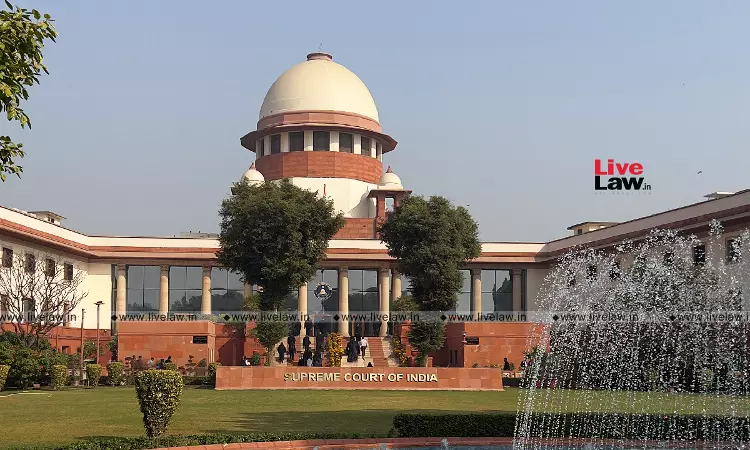The Supreme Court today (January 20) heard a Special Leave Petition challenging the High Court of Chattisgarh's order dated January 9, 2025, whereby, the Court rejected the petitioner's plea to bury his father, who was a Christian pastor, in the Chindwara village graveyard. While keeping the matter to be heard on Wednesday, the Court expressed that it is pained that the State and the High...

